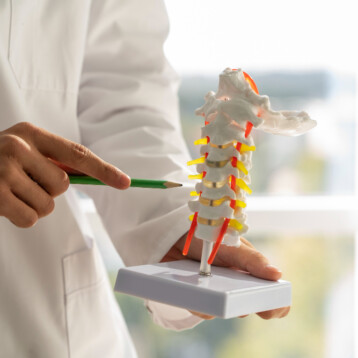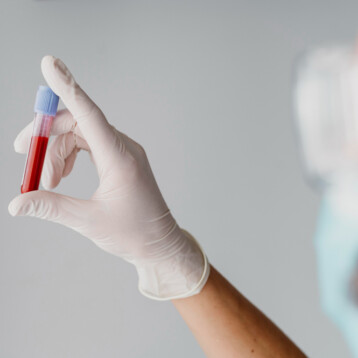|
Some people do not give up even when they do not succeed.Theyrefuse to accept defeat and continue to try even when common sense tells others there’s no use in trying.
Tilmann Klein and Dr. Markus Ullsperger at the Max Planck Institute for Human Cognitive and Brain Sciences in Leipzig, Germany, believe they have found the genetic cause for this “stubbornness”. They discovered that a single genetic mutation can determine whether people repeat their mistakes. This mutation, named the A1 mutation, is found in about one-third of the population and causes a reduction in the amount of D2 receptors in the brain, which are the docking sites for dopamine.
Dopamine is a neurotransmitter – a chemical participating in the relay of signals between nerve cells and target cells. Among other behavior and cognition functions, dopamine plays a key role in the process of learning, in the feeling of pleasure, and in motivation and reward (i.e. learning to repeat behaviors that maximize rewards).
The researchers theorized that the lower output of dopamine in people with fewer D2 receptors leads them to repeat their mistakes, while people with more D2 receptors comprehend that a certain action is a mistake the first time they carry it out and do not feel any desire to repeat it. To examine this theory, Klein and Ullsperger studied 26 healthy men, half of which carried the A1 gene variant (allele).
At first, the volunteers were shown sets of two symbols and were asked to select one. Each choice was followed by positive or negative feedback represented by a smiling or frowning face, respectively. The researchers then tested whether the men had learnt to choose the symbol that had the most positive feedback and avoid the one that led to the most negative feedback.
|
The test showed that men carrying the A1 mutation responded less to negative feedback, implying that they were less successful at learning to avoid mistakes than the men in the other group. Brain imaging of both groups also supported this result, revealing that during the learning sessions the men carrying the A1 mutation had diminished neurological activity in the posterior medial frontal cortex (pMFC), an area in the brain involved in monitoring errors.
“Our subjects worked in an artificial laboratory setting, the reward and punishment they received was highly abstract, whereas a real world situation in which you could learn from feedback is normally much more complex. More research is needed to show how our findings apply to real world situations,” Klein says.
According to the German team, the decreased sensitivity to negative consequences of actions as a result of D2 receptor reduction may also explain why the A1 gene variant has previously been linked to addictive and compulsive behaviors. Even so, “It’s our strong belief that the variant we investigated here is not the only cause for example of an addiction – but maybe it contributes to a predisposition for developing an addiction,” Klein stresses.
TFOT previously covered a similar experiment that demonstrated the connection between high levels of brain activity and the placebo effect (reward anticipation).
The press release of the German team’s finding is available in this webpage of the Max-Planck Institute for Neurological Research.












